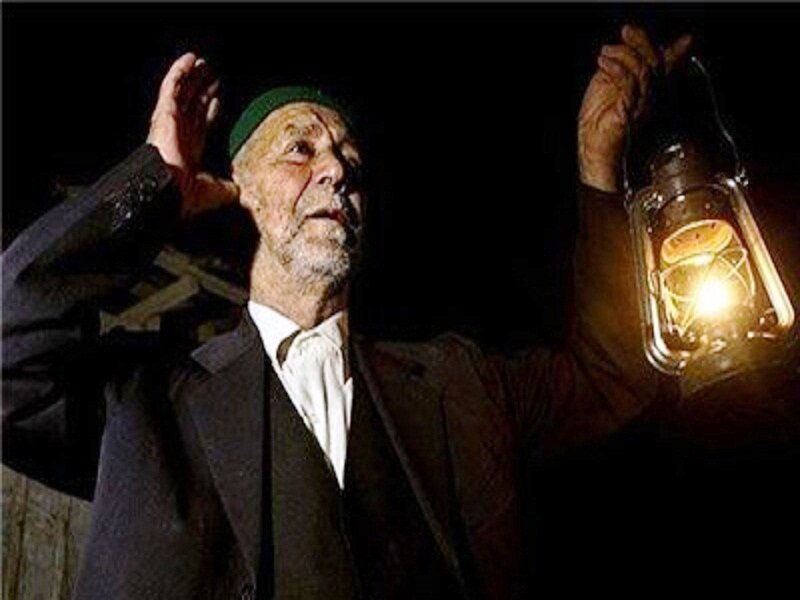Passed down from generation to generation: Ramadan rituals in Birjand

TEHRAN – In the city of Birjand in northeast Iran, the holy month of Ramadan is associated with various rituals which have been passed down from generation to generation.
The capital of South Khorasan province, Birjand is well-known for its saffron, barberry, jujube, and hand-woven carpets.
Chahar Derakht (“Four Trees”) is one of aging neighborhoods where traditional Ramadan rituals may catch eyes of travelers to Birjand.
Elder residents shoulder to shoulder with newcomers make their best to keep these customs alive, IRNA reported on Sunday.
Seyyed Mohammad Lamei, who has lived 79 years in the “Four Trees” district tells about some rituals of the holy month of Ramadan in Birjand. He has now moved to another district of the city.
“Each night, on the night of the 27th Ramadan, two women watched anonymously, wearing a white outfit (chador), covering their faces, and carrying a tray on which the mirror, chestnut and a bowl of water and a bucket were brought to the houses of the people,” Lamei says.
“These people, in their houses, were knocked at home several times with their mattress, and the landlord notices their presence and welcomes them with flour, candy or money, and with every purpose they had, looked at the mirror inside the tray… and looked some of them in the eyes.”
Another ritual is reading a juz (part) of the holy Quran every day, he said.
A fasting day during Ramadan begins before the sunrise and continues during the daylight hours. It comes to an end with the evening meal of Iftar served at sunset.
Muslims break their fast at the time of the call for evening prayer.
AFM/MQ/MG
Leave a Comment